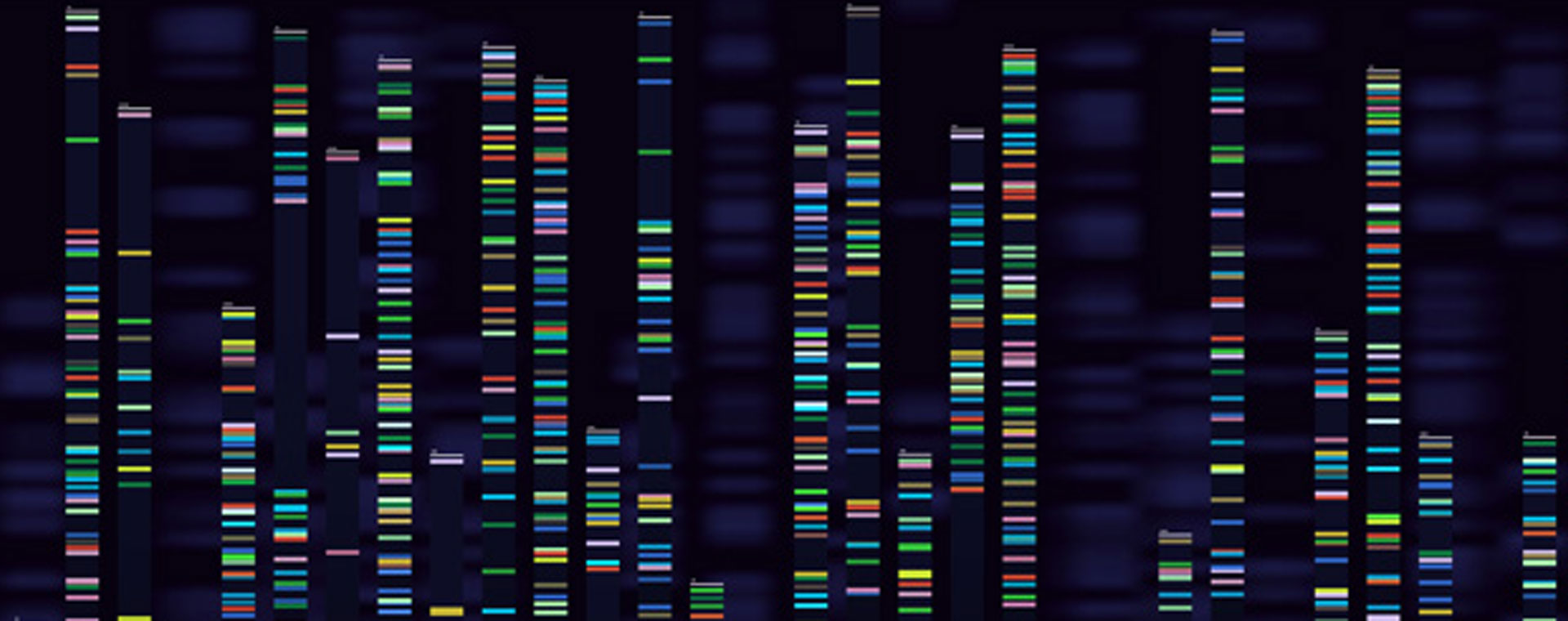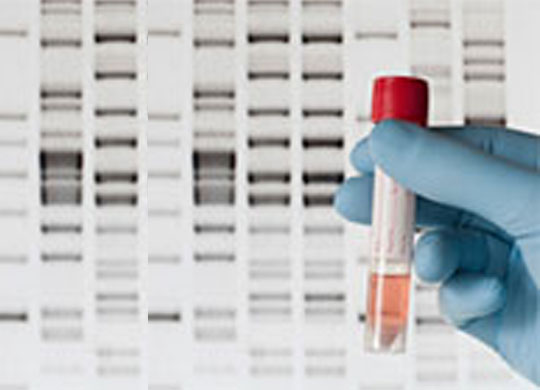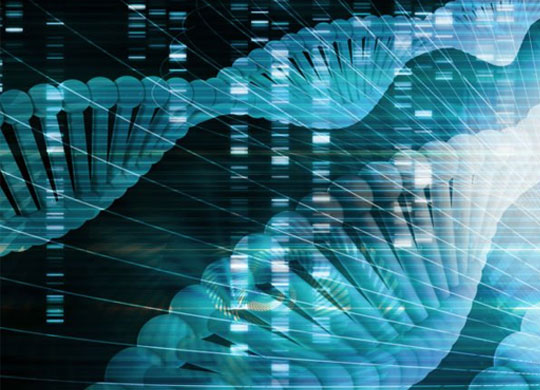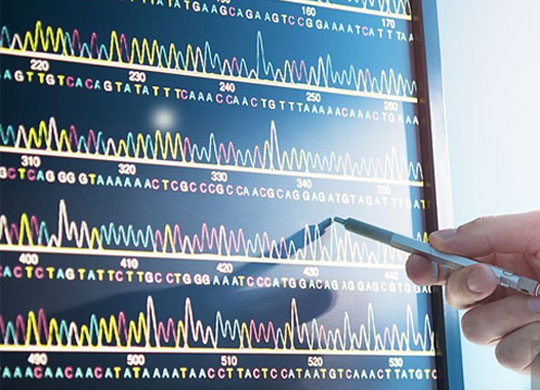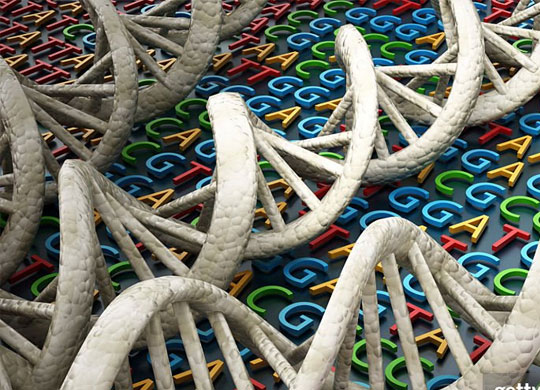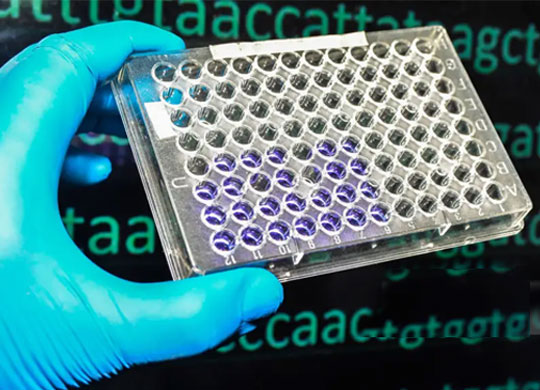Next-generation sequencing (NGS) describes several techniques used to determine the sequence of DNA or RNA. Scientists can use that sequencing data to study genetic variations or mutations associated with diseases or biological conditions.
Because NGS allows scientists and researchers to sequence thousands or even millions of DNA molecules simultaneously, it has significantly reduced the cost and the amount of time needed to sequence genes and genomes. That has led to dramatic advances in clinical diagnostics, genetic diseases and personalized medicine.




